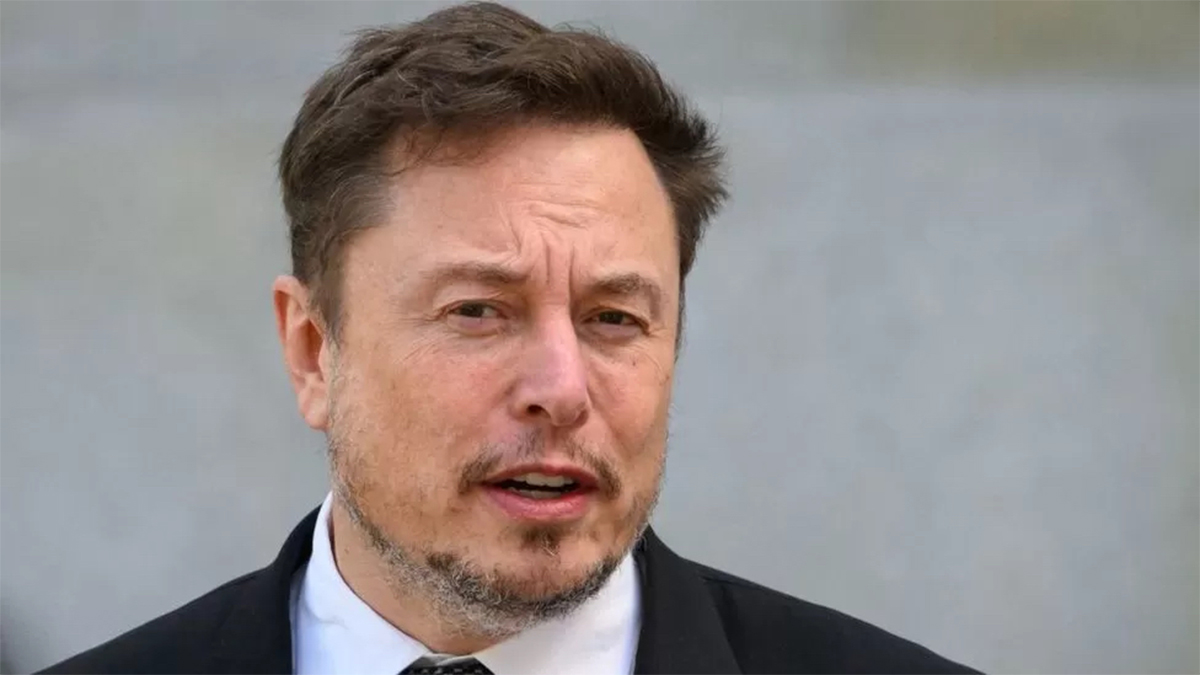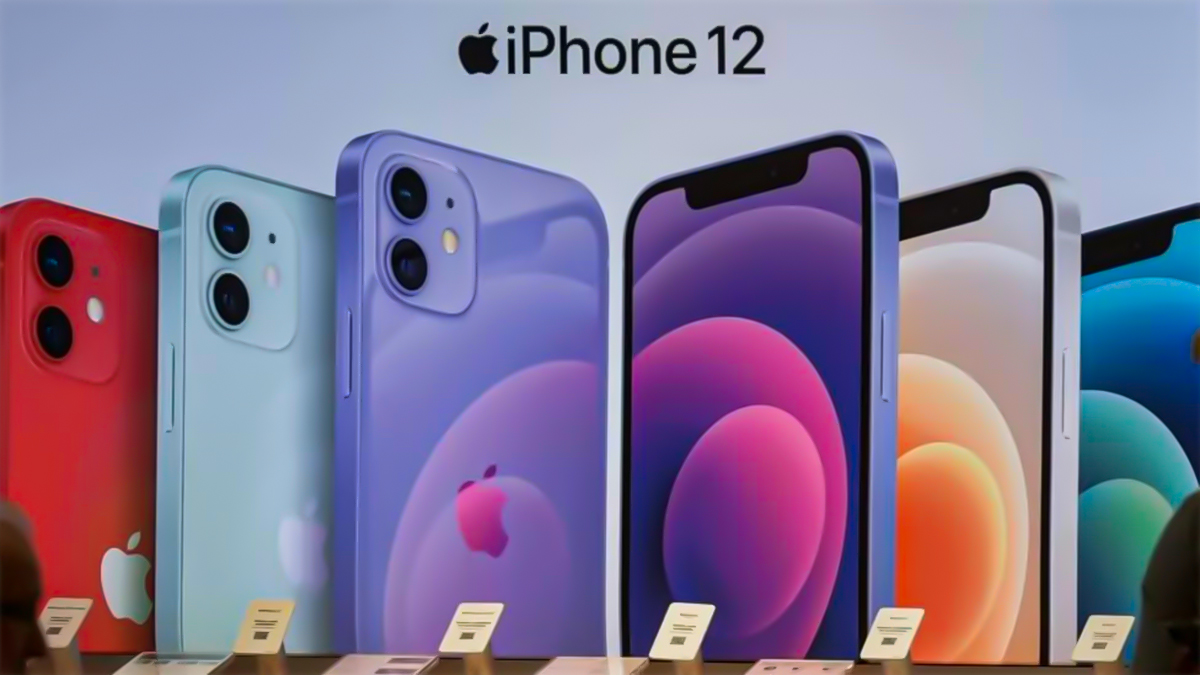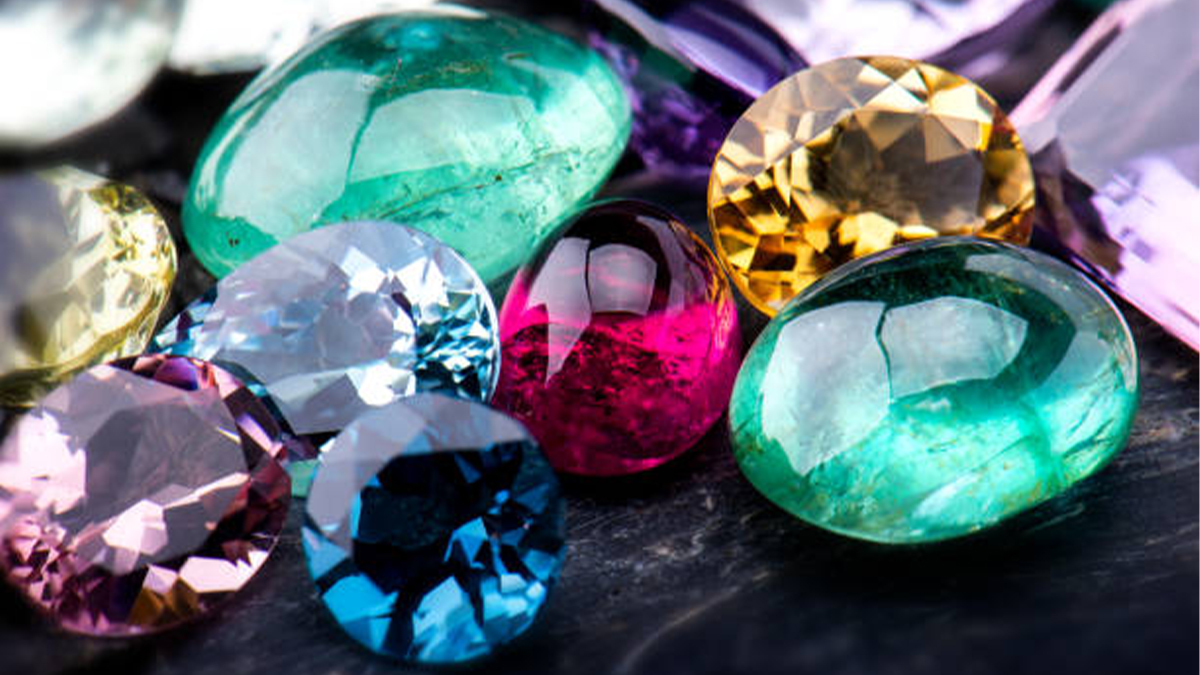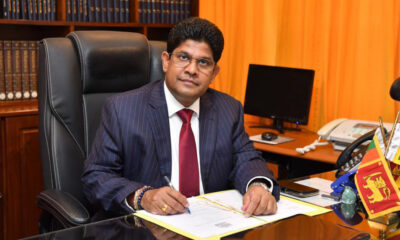X to go behind paywall?

Elon Musk has suggested that all users of X, formerly called Twitter, may have to pay for access to the platform.
In a conversation with Israeli Prime Minister Benjamin Netanyahu, the billionaire said a payment system was the only way to counter bots.
“We’re moving to having a small monthly payment for use of the system,” the Tesla and SpaceX boss said.
The BBC approached X for further details but has not yet received a statement from the company.
It is unclear whether this was just an off-the-cuff comment, or a signal of firmer plans that have yet to be announced.
Mr Musk has long said that his solution for getting rid of bots and fake accounts on the social media platform is charging for verification.
Since taking over Twitter last year he has looked to incentivise users to pay for an enhanced service, which is now called X Premium.
This has been done by giving paid subscribers more features, like longer posts and increased visibility on the platform.
However, users can currently still use X for free.
Although there is a clear financial interest for the company to charge users, Mr Musk insisted that getting people to pay for the service is aimed at tackling bots.
“A bot costs a fraction of a penny” to make he said. “But if somebody even has to pay a few dollars or something, some minor amount, the effective cost to bots is very high”.
X Premium currently costs $8 (£6.50) a month in the US. The price differs depending on which country a subscriber is in.
The world’s richest person said that he was now looking at cheaper options for users.
“We’re actually going to come up with a lower tier pricing. So we just want it to be just a small amount of money,” he said.
“This is a longer discussion, but in my view, this is actually the only defence against vast armies of bots,” Mr Musk added.
However, a risk is that by putting X behind a paywall it may lose a large chunk of its users. That in turn, could drive down advertising revenue, which currently accounts for the vast majority of the company’s income.
Mr Musk’s conversation with the Israeli prime minister also touched on antisemitism on X.
The platform has been accused by the Anti-Defamation League (ADL) campaign group of not doing enough to stop antisemitic content.
In a statement, the organization said that Mr Musk was “engaging with and elevating” antisemites.Earlier this month, he said that the company would sue the ADL to “clear our platform’s name”.
In the conversation with Mr Netanyahu, Mr Musk reiterated that he was “against antisemitism”.
Mr Netanyahu accepted the balance between free speech and content moderation was a challenge but urged Mr Musk to get the balance right.
“I hope you find within the confines of the First Amendment, the ability to stop not only antisemitism… but any collective hatred of people that antisemitism represents,” he said.
“I know you’re committed to that”, Mr Netanyahu added.
YOU MAY LIKE
-

Compensation to MPs for property destruction during ‘Aragalaya’, increased
-

78th session UNGA, commences
-

SL first class cricketer gets ICC charges
-

Online Safety Bill gazetted
-

Court prevents events commemorating Thileepan in Colombo
-

New Dy. Secretary General of Parliament assumes duties

France has ordered Apple to stop selling the iPhone 12 for emitting too much electromagnetic radiation.
On Tuesday, the French watchdog which governs radio frequencies also told the tech giant to fix existing phones.
The ANFR has advised Apple that if it cannot resolve the issue via a software update, it must recall every iPhone 12 ever sold in the country.
But the World Health Organization has previously sought to allay fears about radiation emitted by mobile phones.
It says on its website there is no evidence to conclude that exposure to low level electromagnetic fields is harmful to humans.
The iPhone 12 was first released in September 2020, and it is still sold worldwide.
Apple told the BBC it was contesting the ANFR’s review, and said it had provided the regulator with lab results from the tech giant itself and third parties which show the device is compliant with all the relevant rules.
It said the iPhone 12 was recognised as being compliant with regulations on radiation levels worldwide.
(BBC News)

Sri Lanka has been named one of the best islands in the world in the list of “The 50 Best Islands in the World for 2023” published by travel website, Big 7 Travel.
Sri Lanka, ranked 13th amongst the 50 islands, is defined as a “beguiling” island in the article, was credited for its renowned hospitality and flavorful food, adding that “there are a thousand reasons” to visit the island nation.
“Sri Lanka has been off the tourism radar for a few years now due to protests, economic crises and the pandemic, but its doors are now wide open. There are a thousand reasons to visit the beguiling island, not least its friendly people, flavorful food, endless beaches and timeless ruins. Loop around the island and you’ll tick off tea plantations, elephant-filled wildlife parks, thousand-year-old ruins and endless strips of golden sand.”

The demand for Sri Lankan gems from the US has dropped rapidly due to the current economic downturn in the US, the National Gems and Jewellery Authority said.
Nevertheless, the revenue generated from the export of gems, jewellery and diamonds has increased significantly compared to previous years with the increase in the value of the US Dollar.
Accordingly, an income of USD 53.88 million was earned from the export of gems, jewellery and diamonds to the US in 2022, which is the highest income from the exports recorded after the Covid-19 pandemic.
The country received an income of about USD 34.5 million by exporting gems, jewellery and diamonds to Thailand last year.
During the period from January to August 25 this year, about USD 330 million have been earned from the export of gems, jewellery and diamonds, which is a 30% growth compared to last year.
The National Gems and Jewellery Authority further said that despite the increase in income, the demand for Sri Lankan gems, jewellery and diamonds has decreased.













